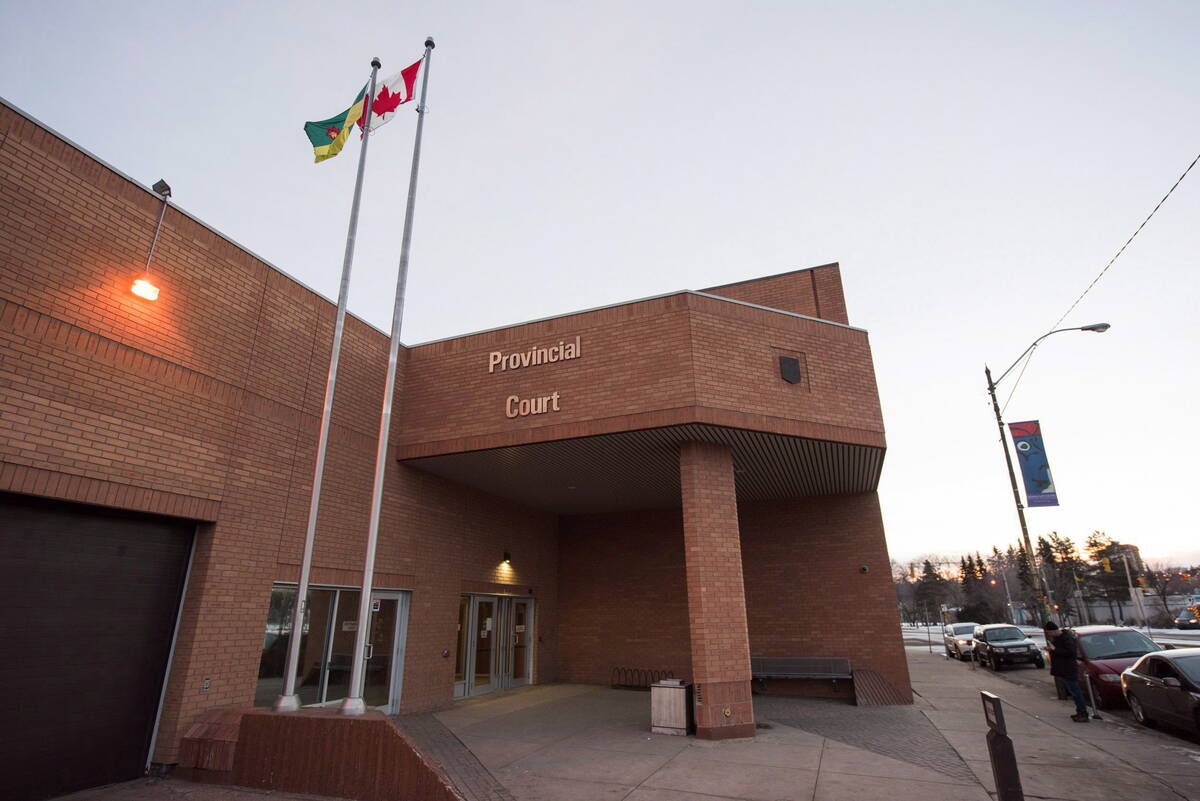The president of the Alberta Federation of Agriculture has replaced life in the country with a new beginning in Lethbridge
The acreage has been sold, the land rented, a house bought and Lynn and Elaine Jacobson are moving off the farm near Enchant, Alta., into Lethbridge for the next stage of their life.
The couple even bought a pair of e-bikes to explore their new community. The couple will miss their farm home, but Lynn said there are some things he won’t miss, including the one-hour drive to Lethbridge, the main regional centre, and the large lawn.
“Well, I definitely won’t miss mowing the lawn out here.”
Read Also

Understand limitation periods if considering civil suit
A limitation period refers to the amount of time a plaintiff has to commence a formal claim in court or lose their ability to pursue it.
The couple expect they will join clubs, get a pass to the local fitness centre and possibly volunteer at the food bank or food kitchen. Lynn is eyeing up the possibility of joining the fly-tying club.
“I have talked to so many people who have retired. One remark that has stuck was they said to get involved in something besides making wooden bowls because you can only make so many bowls.”
What will continue is Jacobson’s involvement in agriculture politics, something he has done since his days as a delegate to the Alberta Wheat Pool when he took over the farm from his parents more than 30 years ago.
Jacobson’s time as an Alberta Wheat Pool delegate got him hooked on the importance of farmers taking an active role in their agricultural organizations. As a pool delegate he became a member of Unifarm, the province’s general farm organization. As a soft wheat grower, he was involved in the Alberta Soft Wheat Producers Commission and then its successor the Alberta Wheat Commission.
“I was always interested in things outside our local community and being able to look at broader industries and to get to know people across the provinces. Now we know people all across the country. There has always been that attraction to know what is going on. I never could sit back and never say anything,” he said.
“Once I got into it, it was really interesting. I never really wanted to stay with the local groups. I was always interested in events farther afield.”
For the past eight years, Jacobson has been president of the Alberta Federation of Agriculture, the province’s general farm organization. In that role, he is a member of the Canadian Federation of Agriculture, the national general farm organization.
“The activities have always been very interesting for me,” said Jacobson, who said he has met with federal ministers and the prime minister to talk about agriculture during his time with the farm organizations.
Meeting politicians and being involved in policy discussions has just as much impact on the farm as decisions on the farm, he said.
“Farmers need to start paying more attention and get more involved in their provincial and national organizations. The policy end that you do within those organizations is really just as important as what you do on the land. It has an equal effect on what happens to farms and farmers.
“When you get involved you realize how important it is to get the right type of policies in place and the right programs in place. We’ve always been fighting to do that. You make small steps but you go forward. Whether it is the provincial government or federal government you make small steps but you’ve got to get involved to make those changes,” he said.
The federal government’s proposed implementation of carbon taxes for agriculture are not yet set in stone and agriculture organizations still have the ability and time to influence the government rules.
“It is still in development and we can have an influence on what is going to happen, but if we’re not there, there will be decisions made for agriculture by people who are not involved in agriculture. If you don’t get involved and give your opinion and work on it, someone else will make the decisions and that is not the best for us.”
Being involved in commodity organizations has also influenced his southern Alberta farming operations. By meeting people from central Alberta, he learned about new sprayer and nozzle technology that he adopted on his farm. Through commodity groups he made the switch from peas to beans and also into canola seed production.
Joining minimum tillage and zero tillage groups and adopting those seeding techniques changed the face of agriculture in southern Alberta for all farmers, he said.
Having an open line of communication with government officials has helped improve the business risk management programs available to farmers.
While on different boards, Jacobson has listened to leaders who have become mentors and helped guide his direction.
A farm leader told Jacobson early that a lot of farmers have a “tractor seat mentality.”
“They think they can solve all their problems from your tractor seat, but it doesn’t work that way. You can sit at home and yell at the radio but it doesn’t really help. You need to get involved,” he said.
“If you don’t get involved no one will listen to you and you won’t make those changes. I am going to be staying around agriculture politics for a little bit.”

















